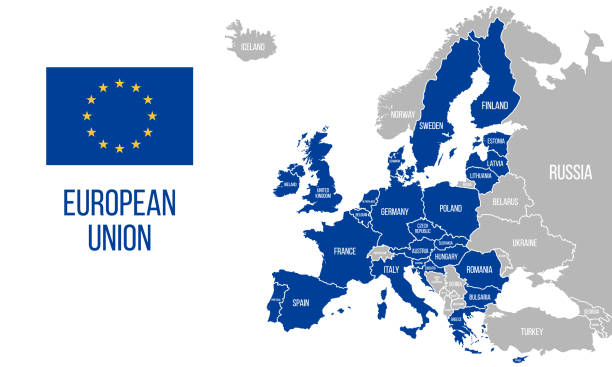Redirecting subsidies from foodstuffs produced from high-emission rearing, such as beef cattle, towards those with fewer emissions can help the developed world including Europe to achieve net zero emissions, the World Bank said in its first strategic framework on food production impact on climate change.
“High-income countries should decrease consumer demand for emissions-intensive, animal-source foods by fully pricing environmental and health externalities, repurposing subsidies, and promoting sustainable food options,” the report, released on Tuesday (7 May), reads.
The Washington-based financial institution classifies high-income economies as countries with a gross national income per capita of €12,860, which covers 83 states – including all EU member states except Bulgaria.
The EU's Common Agricultural Policy (CAP) accounts for roughly one-third of the bloc’s long-term budget and is often criticized for excessively bankrolling livestock farming.
A recently published study by the scientific journal Nature found that more than 80% of CAP funding has been used in the past decade for livestock – 38% for farming and 44% for animal feed.
The CAP's ‘coupled’ payment system also links income support to the production of specific foodstuffs, particularly animal products.
The EU is currently attempting to ‘decouple’ its farming subsidies framework by capping coupled support at 13% of the direct payments budget. The mechanism is still largely accessible though and, in 2022, 73% of the overall share of coupled support went to meat and dairy.
The World Bank estimates that repurposing public farming support could increase national incomes by 1.6%, reduce the cost of healthy diets by 18%, and decrease overall agricultural emissions by 40% as against a continuation of the status quo.
The report finds that shifting how subsidies are allocated can only partially sustain the cost of cutting agri-food emissions, and stresses the need for substantial additional resources.
It also cites food labelling, as well as education and communication campaigns, as powerful tools necessary for increasing the take up of low-emission food options.
“Consumer changes to healthy, low-emission diets would reduce diet-related emissions by up to 80% and reduce land and water use by 50%,” says the report.
Shifting diets and other aspects related to consumer demand were central in Ursula von der Leyen’s flagship “Farm to Fork” strategy presented at the beginning of her mandate, but which has been largely left incomplete.
The World Bank suggests policymakers accompany the repurposing of subsidies with public policies that make private investments in agrifood mitigation less risky and more possible and encourage low emissions or productivity-enhancing technologies.
“Too little money is invested in cutting agrifood emissions,” the report stresses, adding that annual investments need to increase by 18 times to reduce current food system emissions by half by 2030.
The benefits in health, economic, and environmental terms could be worth as much as €4 trillion by 2030 - more than the value of the German economy - the World Bank claims.














